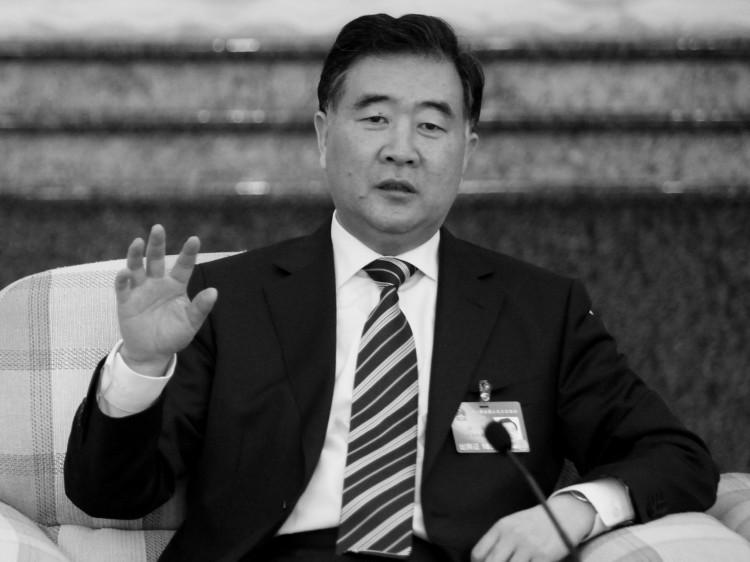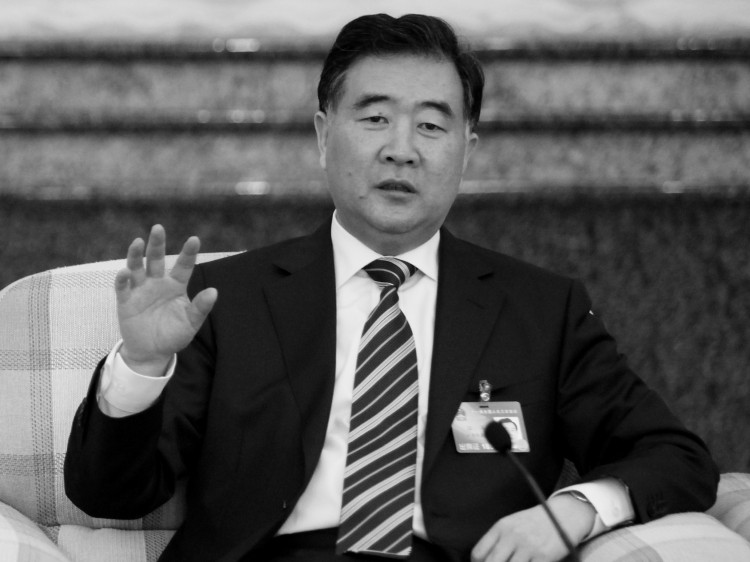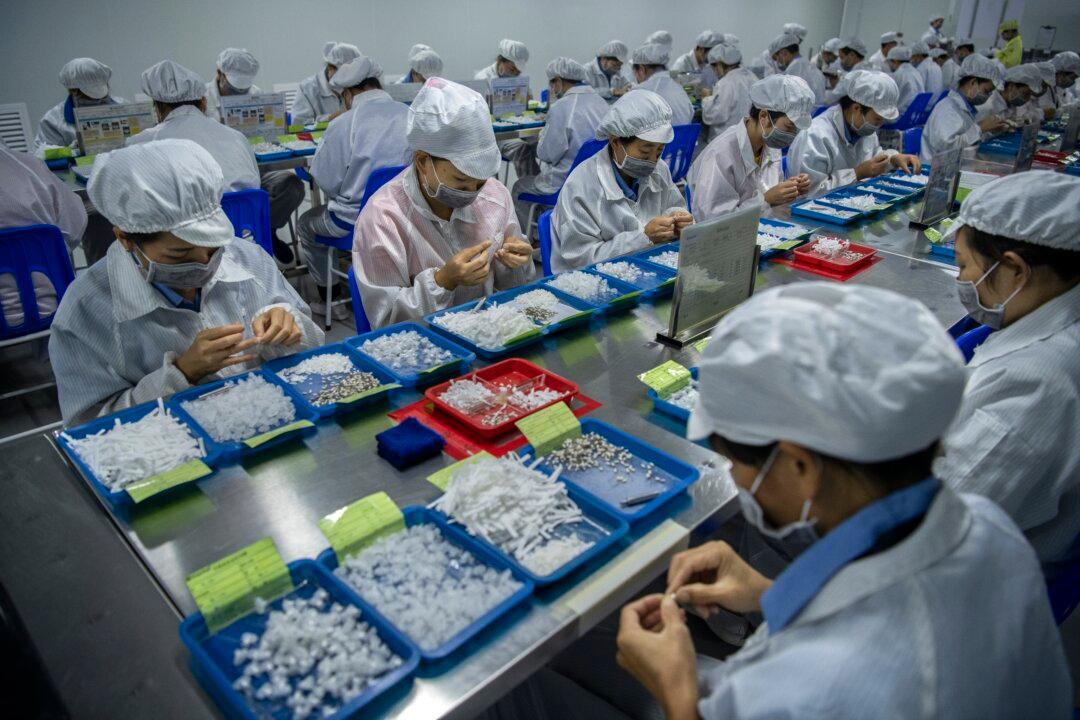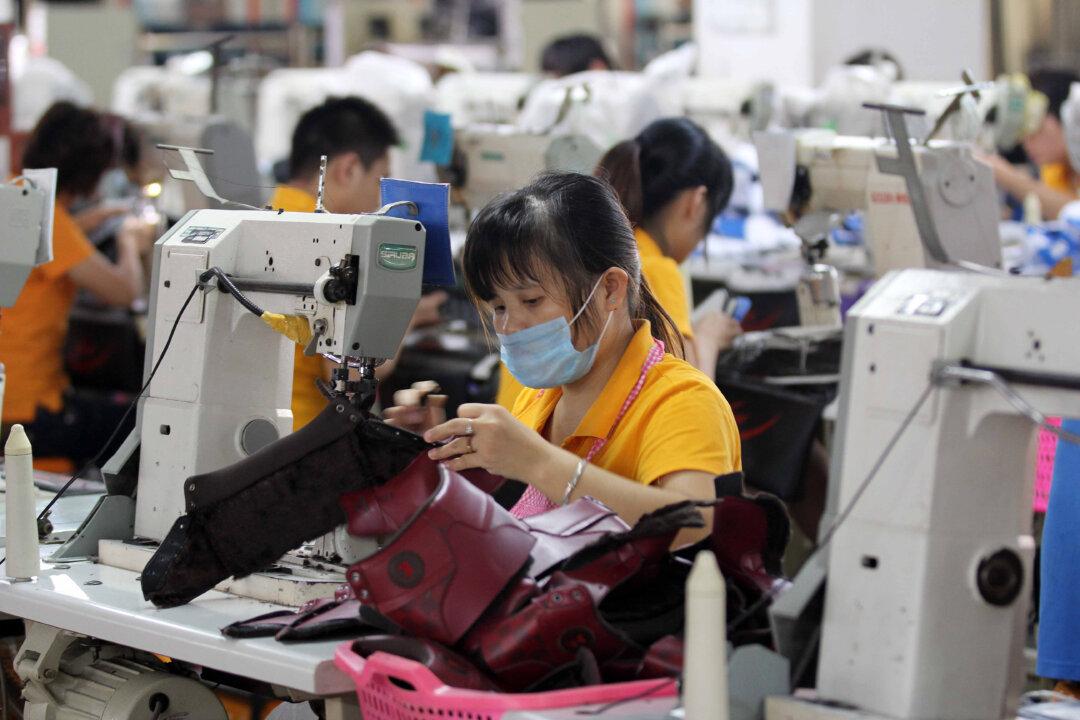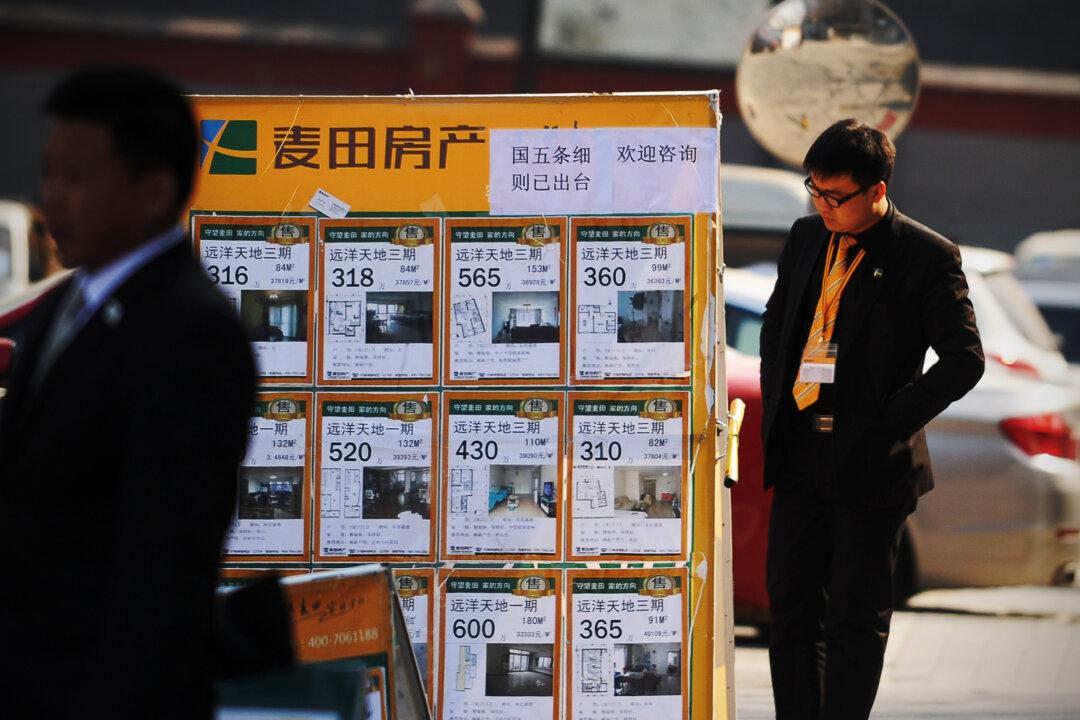NEWS ANALYSIS
China’s communist regime usually demands of its cadres a certain brutality and adherence to the Party line, and deviation can often be fatal for the offending official. But in the bustling southern province of Guangdong, Party Secretary Wang Yang is making a name for himself as an apparent reformer open to new ways of doing things.
That doesn’t sit well with other cadres, content to keep the status quo and the Party’s vise-like grip on power, however. Wang has aligned himself closely with current leader Hu Jintao and Premier Wen Jiabao, the latter of whom has given indications that he wishes to see a China that enjoys much greater freedom. But that poses a threat to cadres who’ve built their careers by cracking down on ordinary Chinese.
Now, key figures in the “bloody-hands faction” are facing censure. These cadres rose through the ranks under former leader Jiang Zemin by zealously carrying out Jiang’s command to wipe out the Falun Gong meditation practice.
Guangdong Province has become an important battlefield in the political storm within the CCP leadership. It is here that Hu and Wen have been testing reforms for a better China, and here that remaining members of the bloody-hands faction have been positioning themselves to block those efforts.
Hu and Wen have already taken steps to constrain Zhou Yongkang, the highest ranking member of the hardline clique. Zhou—head of the regime’s Political and Legislative Affairs Committee (PLAC)—presided over the regime’s all-pervasive domestic security apparatus, millions-strong regular police force, courts, and millions strong paramilitary police force. Zhou has reportedly been forced to hand over the reigns of power to the PLAC to a former subordinate and is now reportedly being investigated.
That doesn’t sit well with two of Zhou’s most powerful allies, current propaganda chief Li Changchun and head of the National People’s Congress Zeng Qinghong. The pair have been operating behind the scenes to counteract moves made by Hu and Wen in hopes of revenge and self-preservation.
Propaganda Versus Press Freedom
Li is now using his position as propaganda chief to manipulate the media in Guangdong against Wang in advance of the 18th National Congress set for sometime late this year. At the congress, seven of the nine members of the all-powerful Standing Committee of the Politburo will be replaced, including Zhou and Li. Information leaked to The Epoch Times by a well-placed source indicates the congress could mark the beginning of the end of the communist regime, which makes jockeying for position in advance of the congress critical to all involved.
Li recently dispatched Tuo Zhen, the Vice President of Xinhua News Agency, one of the Chinese Communist Party’s (CCP’s) official media outlets, to take over as the director of Guangdong’s Propaganda Department. Li’s Vice Director of Propaganda, Yang Jian, also from Xinhua, has taken over as the Party Secretary for Southern Media Group and the 11 newspapers it controls in Guangdong.
Hong Kong’s Oriental Daily reported that the recent change in leadership was forced on Wang by higher-ups in the party.
Click www.ept.ms/ccp-crisis to read about the most recent developments in the ongoing crisis within the Chinese communist regime. In this special topic, we provide readers with the necessary context to understand the situation. Get the RSS feed. Get the new interactive Timeline of Events. Who are the Major Players?
With opposing cadres now in control of much of the media landscape in Guangdong, Wang is already being tripped up. Wang has been a vocal supporter for a freer press, and newspapers in southern China, which includes Guangdong, are known for being bold and outspoken in their reports. Wang has encouraged the press to help uncover corruption, something most cadres work to keep buried.
“We have to encourage news reporters to secretly visit and report on factories that counterfeit and vendors selling counterfeited products. We should also arrange people from Public Security to protect them,” Wang’s Vice Secretary-General in Guangdong, Lin Ying, said on May 7.
Ying said reporters needed protection so they could “investigate more thoroughly and expose the facts more accurately.”
But what Wang wants to see in the light of day, Li wants kept in the shadows.
After the Southern Metropolis Daily recently published an outspoken report on counterfeit chemicals, the Propaganda Department acted against Wang and forced the paper to take the article down.
The report exposed a secret factory in Huizhou City where local government officials seized 70 tons of counterfeit coagulation accelerating agents being used to build Dongguan’s subway system. The owner of the factory was also overseeing the project, and helped sell the chemicals.
The article was taken down a few hours after publication. Insiders from the Southern Metropolis Daily revealed that pressure came from “above,” suggesting the Propaganda Department of Dongguan City and Guangdong Province ordered the deletion. According to the insider, such orders had been rare for the newspaper.
The censorship is likely the first sign of Li’s expanding efforts to block Wang and obstruct the apparent Hu-Wen opening agenda.
Continued on next page: At the same time, Wang has been butting heads with hardliners ...
Faction Face Off
At the same time, Wang has been butting heads with hardliners from the Shenzhen city government in his own province.
On May 11, First Financial Daily published an editorial titled “Wang Yang Criticizing Shenzhen’s Reform Process: Burning Passion From the Past Years Fading.”
According to the editorial, Wang Yang criticized Shenzhen’s economic reform for losing momentum at the 11th CCP Congress of Guangdong. He said without a sustained economic reform towards market economy, Shenzhen would gradually lose the advances it had made.
On the same day, the Southern Metropolis Daily published an editorial in which Shenzhen Party Secretary Wang Rong sharply rebutted Wang Yang.
“We do not agree with the recent statement that Shenzhen’s enthusiasm for a reform is decreasing. If the reform in the 80s needed only courage, a reform now also needs wisdom,” Wang Rong was quoted saying.
According to the unspoken rules of the CCP, it was unusual for Wang Yang to unleash direct criticism against his comrade, but Wang Rong’s challenge was also unusual.
Commentators have suggested the men are acting as proxies, fighting each other at the behest of their faction heads.
No Play for the PLAC
Guangdong has become a battlefield largely because Wang Yang has blocked the Political and Legislative Affairs Committee (PLAC) from Guangdong’s Standing Committee, according to democracy advocate and Chinese dissident Song Yuxuan.
“The main reason for the bloody-hands faction to set foot in Guangdong was that in a recent change of leadership, Wang Yang excluded the local Political and Legislative Affairs Committee (PLAC) from Guangdong’s Standing Committee. That was regarded as the first gun shot from Hu and Wen’s plan to purge the PLAC as a whole.”
